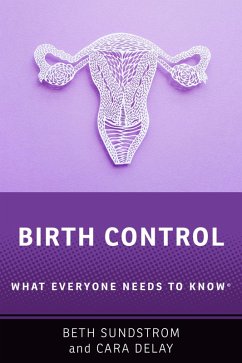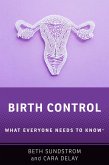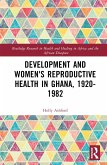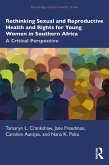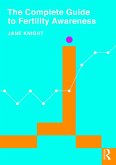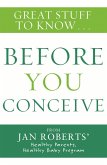Birth control offers women the opportunity to prevent pregnancy, plan and space their births, or have no births at all. And yet, in the United States, half of all pregnancies remain unintended, and access to birth control is beset by inequities in education, access, and coverage. Research indicates that women are familiar with the range of contraceptive methods available today. But the persistently high rates of unintended pregnancy, combined with common dissatisfaction and discontinuation, suggest that women's contraceptive needs continue to be unmet.
Birth Control: What Everyone Needs to Know? will offer more than a user's guide to available means of contraception: it will examine how supported family-planning infrastructure impacts society as a whole. Through reviews of policy, scientific literature, and supplemental interviews with women, it will uncover women's concerns and apprehensions about contraception, as well as the ways birth control empowers women and increases access to educational and professional opportunities. It will provide an overview the history of birth control, the risks and benefits of contraception, the role of menstruation, and the future of birth control. The goal of this book is to provide accurate, unbiased scientific information about contraception in the context of women's lived experiences and the realities of how individuals make decisions about birth control.
Dieser Download kann aus rechtlichen Gründen nur mit Rechnungsadresse in A, B, BG, CY, CZ, D, DK, EW, E, FIN, F, GR, HR, H, IRL, I, LT, L, LR, M, NL, PL, P, R, S, SLO, SK ausgeliefert werden.

